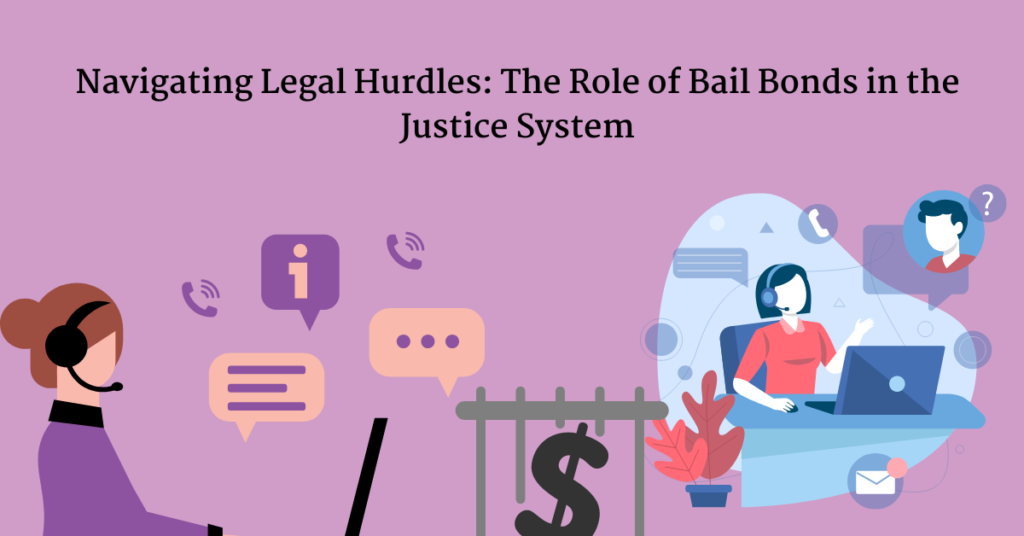Bail Bonds in the Justice System – In the intricate web of the legal system, the concept of bail bonds emerges as a crucial lifeline for individuals facing incarceration while awaiting trial. For many, the notion of bail bonds may evoke images of television dramas or sensational headlines. However, beyond the media portrayal, bail bonds serve a fundamental purpose in ensuring access to justice and safeguarding individual rights. Let’s delve into the intricacies of bail bonds and their significance within the broader framework of the justice system.
What is Bail Bonds?
At its core, a bail bond is a financial guarantee provided by a bail bondsman or bail bond agency on behalf of an individual awaiting trial. When an individual is arrested, they may be granted the option of posting bail—a specified amount of money set by the court—as a means of securing their release until their court date. However, the amount of bail required can often be beyond the financial means of the accused or their family. This is where bail bonds come into play.

A bail bondsman, typically licensed and regulated by state authorities, offers to post the full bail amount on behalf of the defendant in exchange for a fee, usually a percentage of the total bail amount. This fee serves as compensation for assuming the risk of ensuring the defendant’s appearance in court. In essence, the bail bondsman becomes responsible for ensuring that the defendant complies with all court requirements and appears for their scheduled hearings.
Ensuring Access to Justice
One of the primary functions of bail bonds is to ensure that individuals, regardless of their financial circumstances, have the opportunity to secure their release from custody pending trial. Without access to bail bonds, many defendants would be forced to remain incarcerated for extended periods, often leading to significant personal, financial, and societal repercussions.
By providing a pathway for pretrial release, bail bonds uphold the presumption of innocence and enable defendants to continue their daily lives, maintain employment, and support their families while awaiting resolution of their legal proceedings. This ensures that individuals are not unduly punished before being convicted of a crime—a fundamental principle of the justice system.
Mitigating Risks and Responsibilities
While bail bonds offer a means of securing release, they also impose responsibilities and obligations on both the defendant and the bail bondsman. Defendants are required to adhere to all court-mandated conditions, including attending all scheduled hearings and refraining from engaging in illegal activities. Failure to comply with these conditions can result in the revocation of the bail bond and the issuance of a warrant for the defendant’s arrest.
For bail bondsmen, assuming the financial risk of posting bail entails thorough assessment and mitigation of potential risks. Bail bond agencies typically employ stringent criteria and evaluation processes to determine the eligibility of defendants for bail bonds. This includes assessing the likelihood of the defendant appearing in court as well as their ties to the community and potential flight risk.
Conclusion – Bail Bonds in the Justice System
In conclusion, bail bonds play a critical role in the functioning of the justice system, providing a mechanism for pretrial release and ensuring access to justice for individuals facing legal proceedings. By offering a pathway for defendants to secure their release from custody, bail bonds uphold the principles of fairness, presumption of innocence, and due process. However, it’s essential to recognize that bail bonds are not without controversy, and ongoing discussions surrounding bail reform seek to address issues of equity, fairness, and public safety within the bail system. Ultimately, the evolution of bail bonds reflects broader conversations about criminal justice reform and the quest for a more equitable and transparent legal system.
1 thought on “Navigating Legal Hurdles: The Role of Bail Bonds in the Justice System”